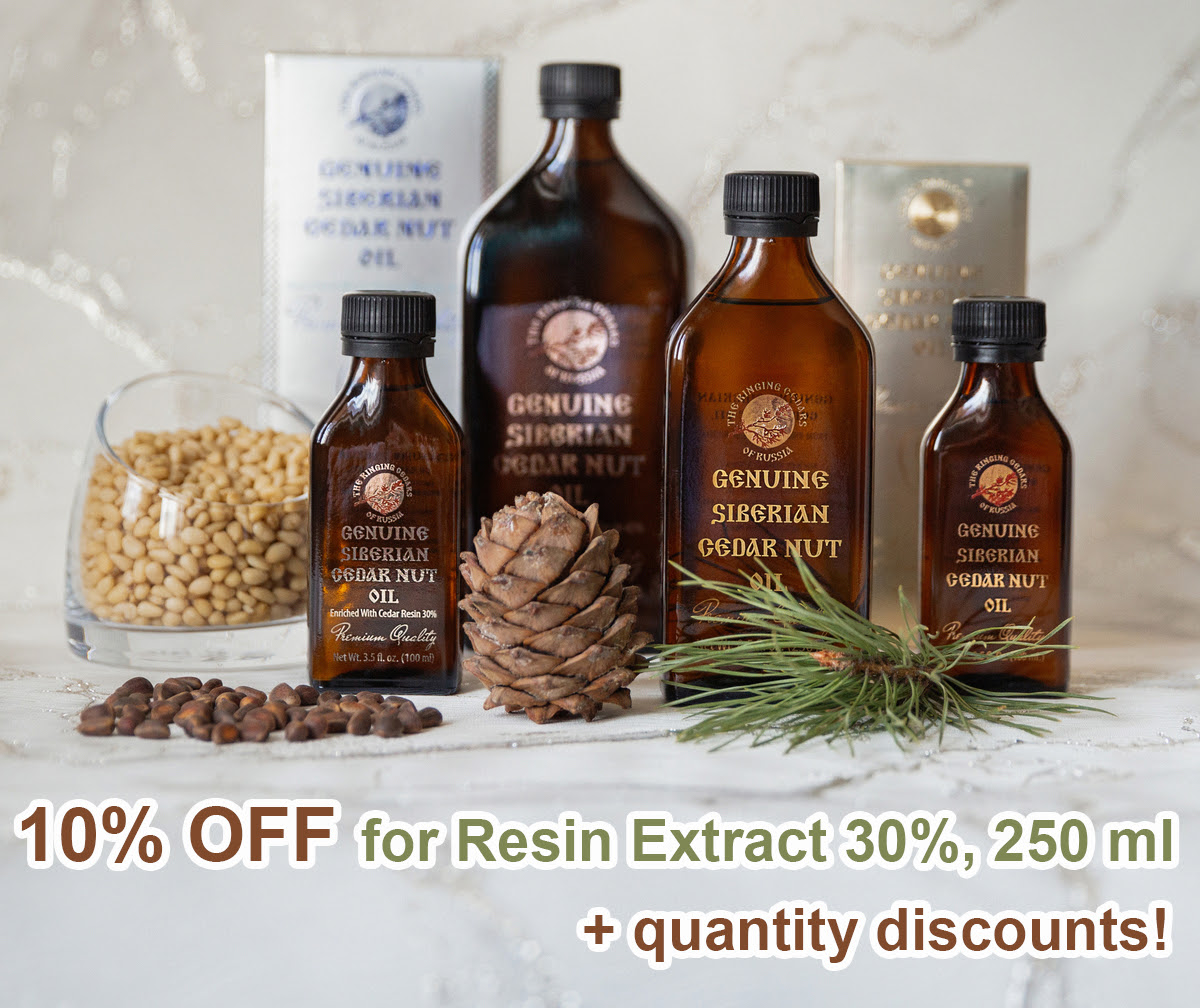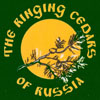
Sea buckthorn is an amazing Siberian berry that has a lot of healing properties. At the same time, research on the properties of sea buckthorn continues to appear regularly, and scientists are learning more about its health benefits. A recently published review based on more than 130 studies over the past decade concluded that sea buckthorn can be used for the treatment and prevention of viral and inflammatory diseases, and also reduces the risk of thrombosis. [1]
The author of the review notes that in the period from 2010 to 2021, the scientific community learned more about the phytochemical composition of the berry, and, as a result, was able to further study its benefits for human health. The most important phytochemical components of sea buckthorn are flavonoids, flavolignans, ellagitannins, phenolic acids, triterpenoids, phytosterols, carotenoids, and a number of other substances. Such a rich composition determines the wide range of healing properties of sea buckthorn. Among them, the author indicates antioxidant, anti-inflammatory, anticoagulant, anticancer, antihyperglycemic, antihyperlipidemic, antimicrobial, antiviral, and neuroprotective activities. Let's take a closer look at the three important properties from this list.
Antiviral activity
Various components of sea buckthorn have proven activity against viruses. For example, in 2011, ellagitannins were proven to be active against influenza and herpes viruses, and in a later study, a similar property was proven for phenolic compounds and quinones. In addition, isorhamnetin and ethanol extract of sea buckthorn berries interact with human angiotensin-converting enzyme 2 (ACE2), a receptor for coronaviruses, thereby inhibiting their activity.
Anti-inflammatory activity
Flavonoids, phenolic acids, and some other components of sea buckthorn inhibit a number of enzymes and proteins associated with inflammatory reactions. Triterpenoids from sea buckthorn are also known to affect the NF-κB, MAPK, and Nrf2 signaling pathways. Thanks to these effects, sea buckthorn has anti-inflammatory activity, which means it reduces the risk of many diseases associated with inflammation, including Alzheimer's disease.
Anticoagulant activity
Phenolic compounds, isorhamnetin, and a number of other components of sea buckthorn reduce the risk of blood thickening and blood clots. This is due to the following effects:
- prolongation of prothrombin time,
- inhibition of thrombin-induced platelet aggregation,
- suppression of ADP-induced platelet aggregation,
- decreased whole-blood viscosity, and a number of other effects.
Choose cedar nut oil with sea buckthorn if the healing properties listed in this article are important to you. Be healthy and happy!





